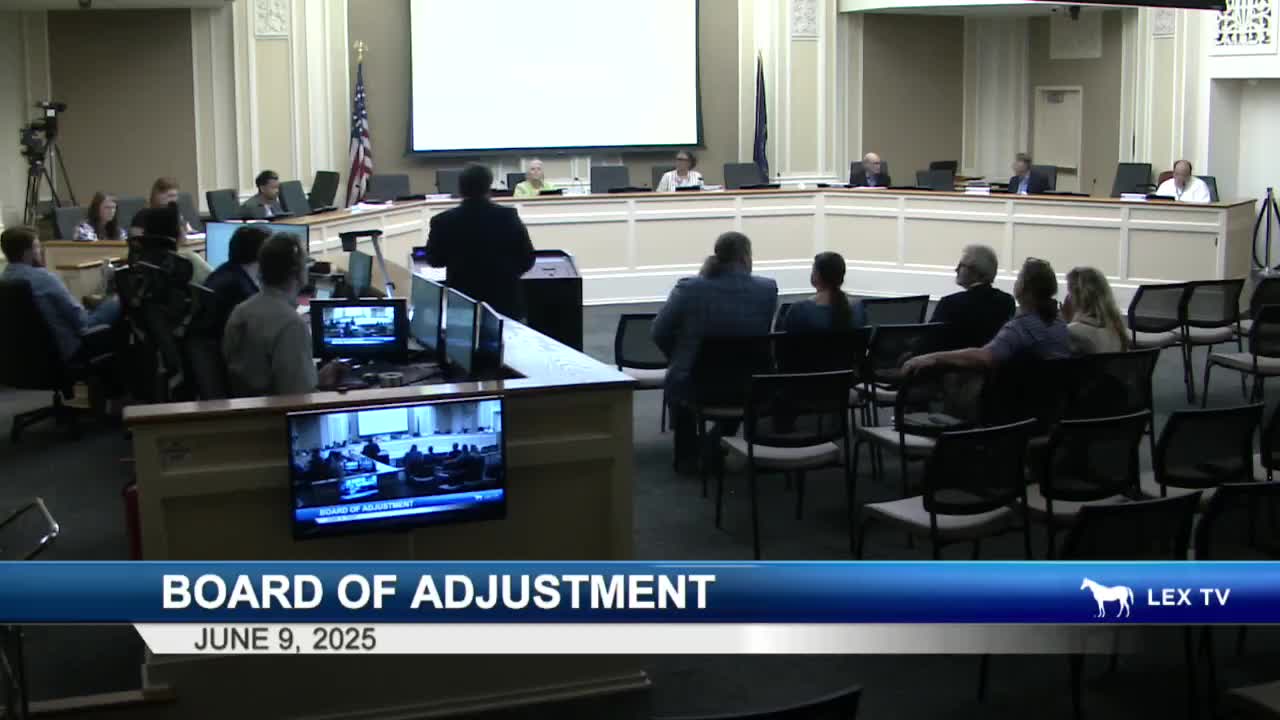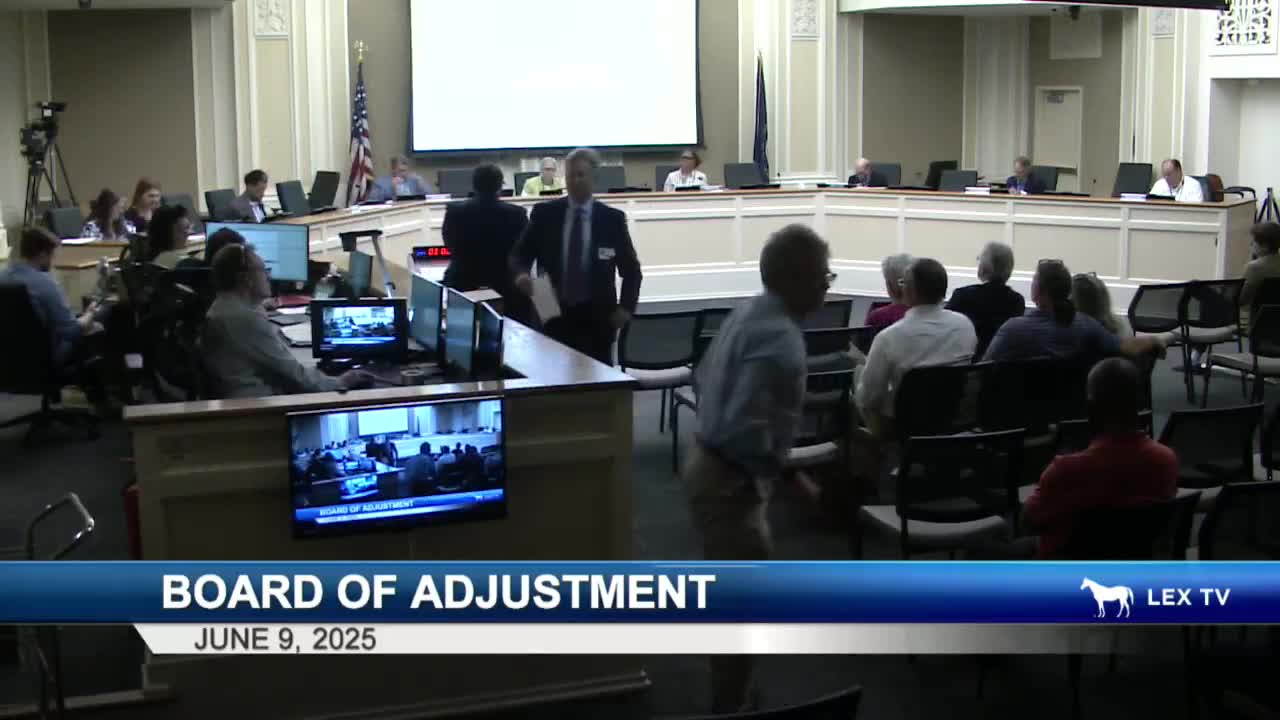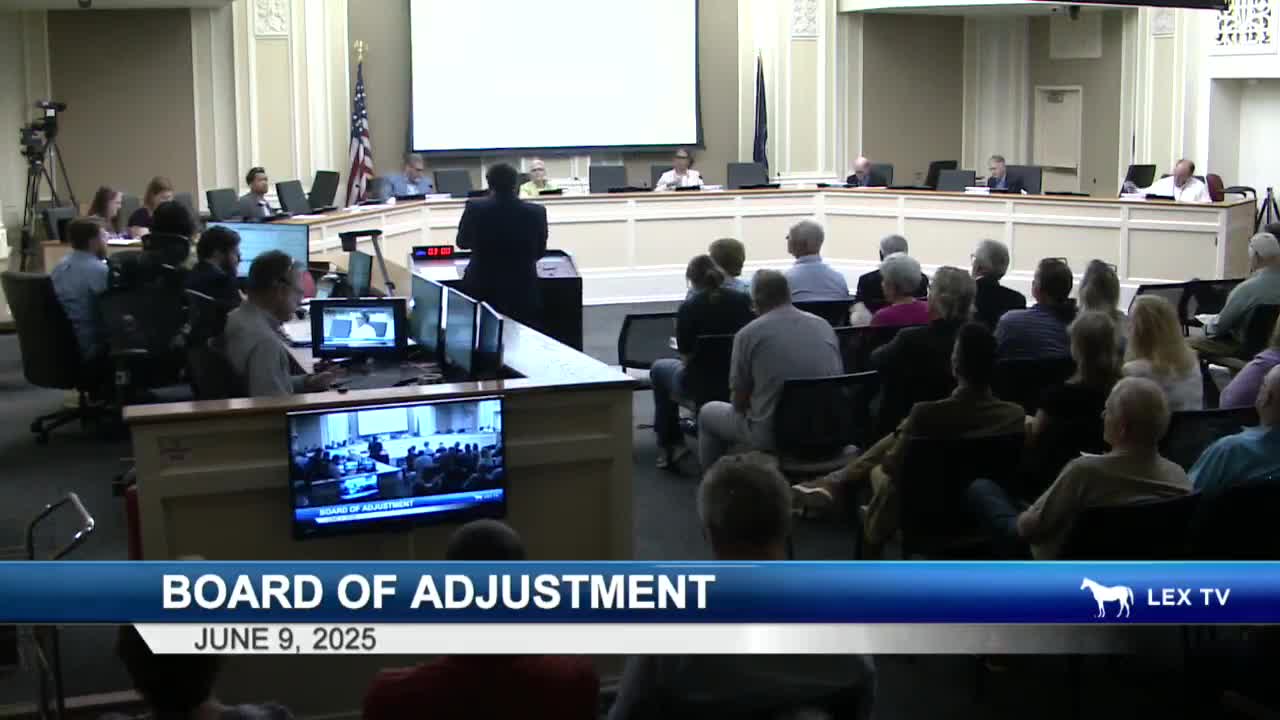Article not found
This article is no longer available. But don't worry—we've gathered other articles that discuss the same topic.

Board hears multiple short‑term rental requests; staff and rural‑land easement dispute shapes decisions

Board denies conditional-use permit for rooftop live entertainment at 2 Fisted Willys after neighbors object

